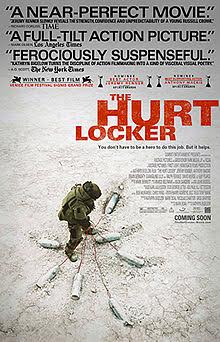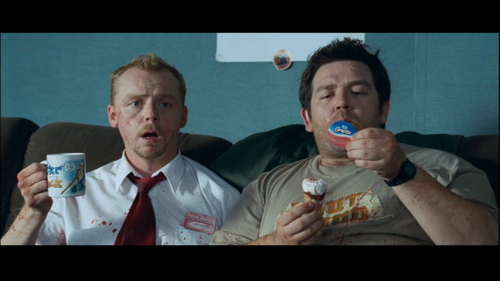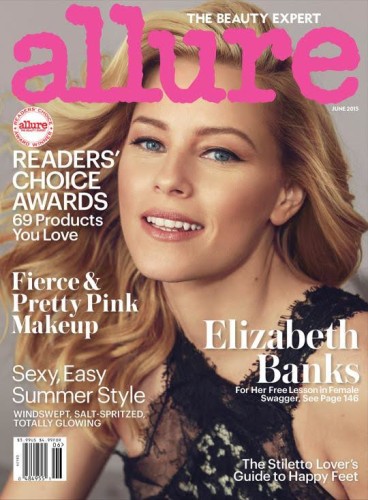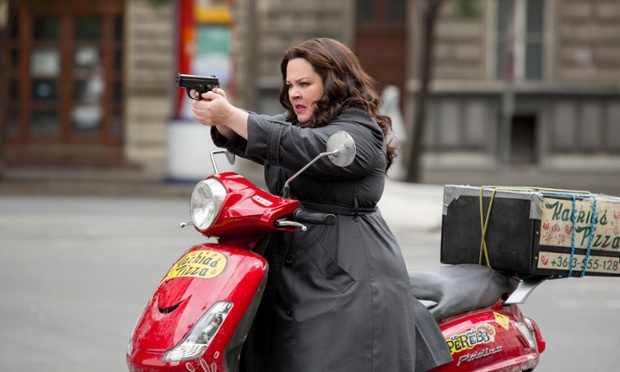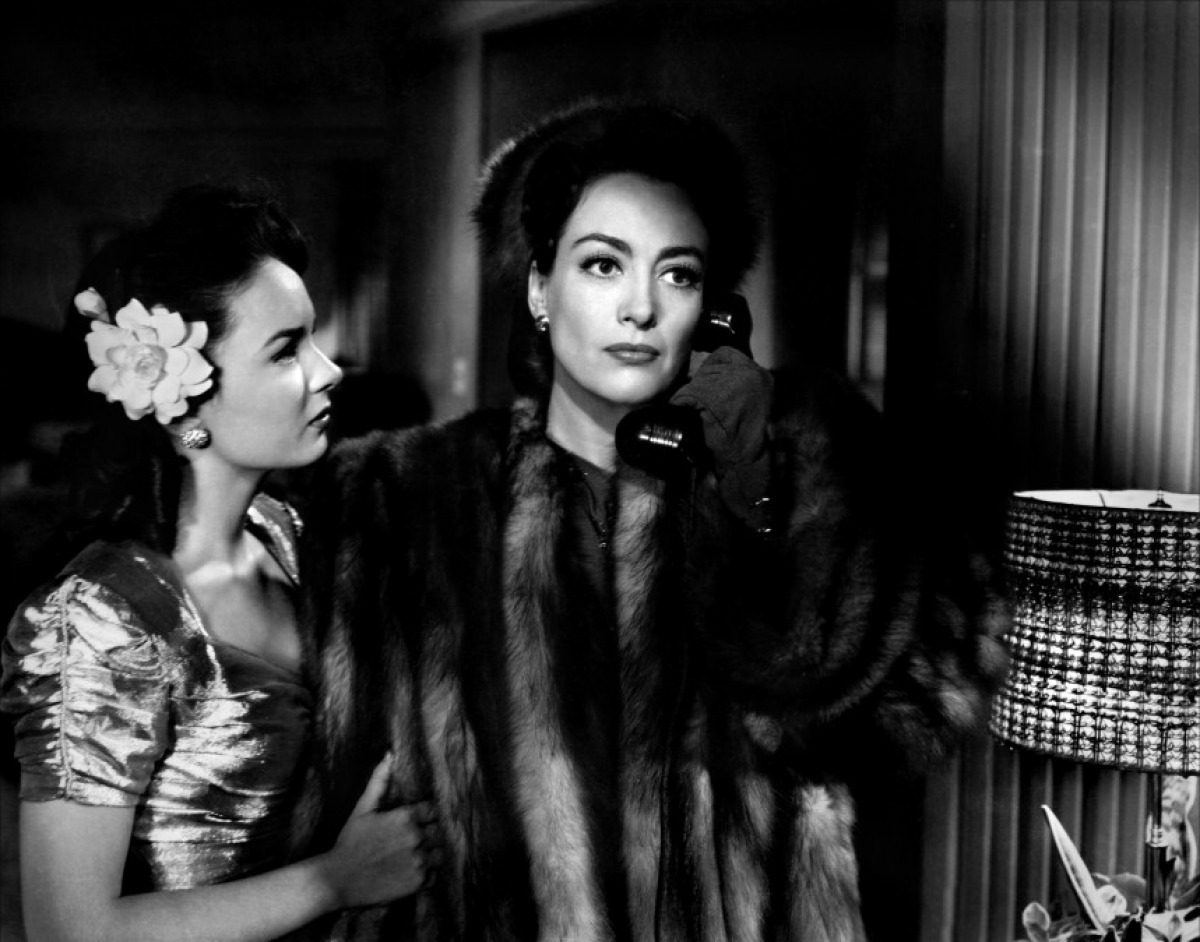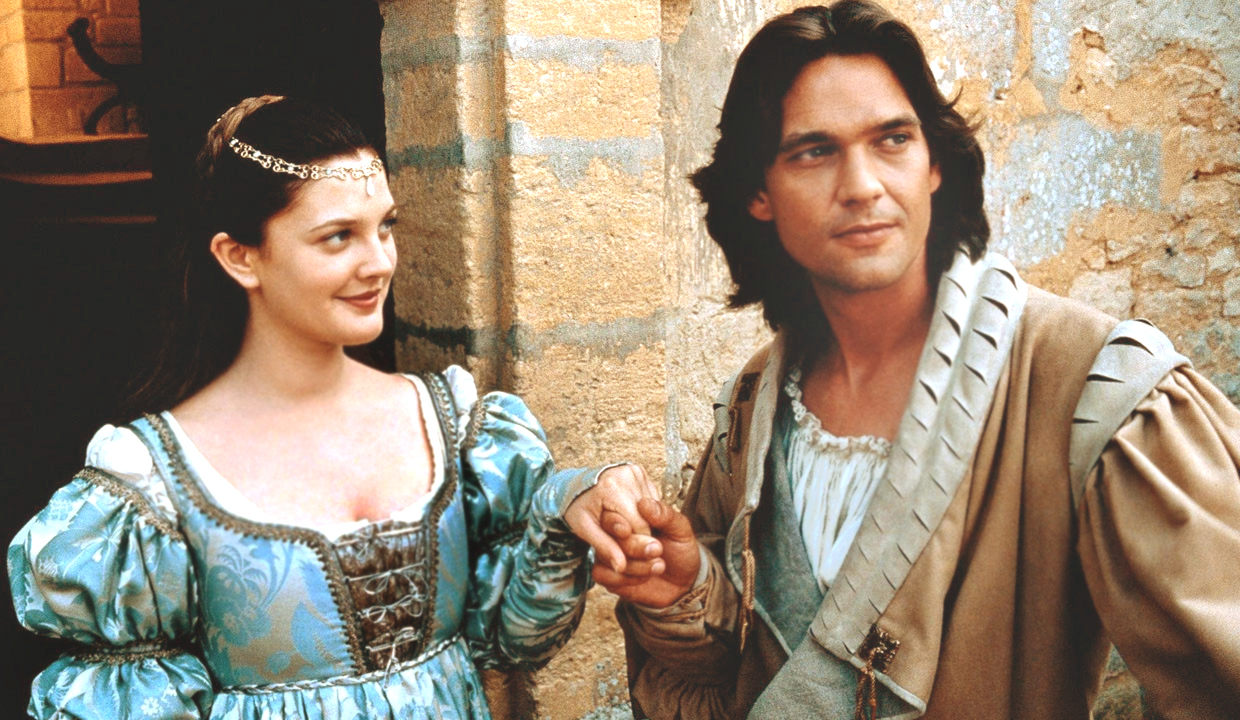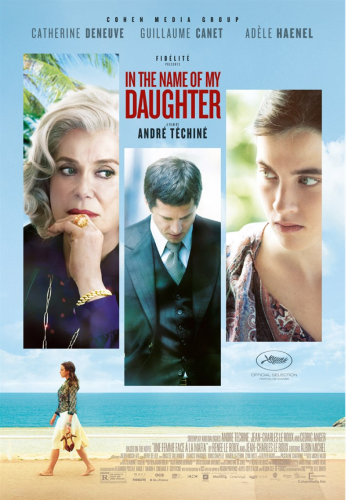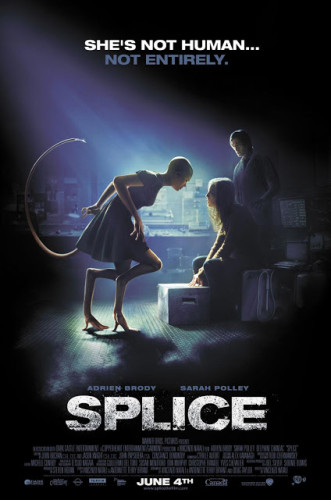‘Mr. Robot’ and the Trouble with the White Knight
This is another one of the problems that I have with White Knight syndrome. The types prone to exhibiting this behavior tend to have a lower opinion of women that than their outwardly sexist counterparts. White Knights take up the causes of the women in their lives and speak out for them, but it is usually done in a manner that seems to suggest they think that these women are incapable of speaking up for themselves.

